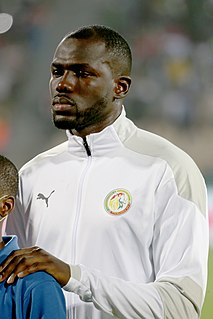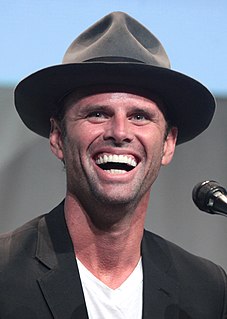A Quote by Steve Ballmer
Great companies have high cultures of accountability, it comes with this culture of criticism I was talking about before, and I think our culture is strong on that.
Related Quotes
I don't think there is a 'gay lifestyle.' I think that's superficial crap, all that talk about gay culture. A couple of restaurants on Castro Street and a couple of magazines do not constitute culture. Michelangelo is culture. Virginia Woolf is culture. So let's don't confuse our terms. Wearing earrings is not culture.
All companies have a culture, some companies have discipline, but few companies have a culture of discipline. When you have disciplined people, you don't need hierarchy. When you have disciplined thought, you don't need bureaucracy. When you have disciplined action, you don' t need excessive controls. When you combine a culture of discipline with an ethic of entrepreneurship, you get the magical alchemy of great performance.
My interest in culture generally is a comparative one, and I think that's where the word joy, I think, can be applicable. There's joy in actually seeing the relatedness, the connectedness of different cultures or recognising, for instance, your own culture in another or another culture in your own culture and feeling an air to all of them.
A good part of 'The Information' is about the transition from an oral to a literary culture. Books effected such a great transformation in the way we think about the world, our history, our logic, mathematics, you name it. I think we would be greatly diminished as a people and as a culture if the book became obsolete.
At the beginning of my career as a writer, I felt I knew nothing of Chinese culture. I was writing about emotional confusion with my mother related to our different beliefs. Hers was based in family history, which I didn't know anything about. I always felt hesitant in talking about Chinese culture and American culture.
It's about something that I'm extremely passionate about: exploring other cultures, how Americans are perceived by other cultures and how we perceive other cultures through our worldview. I travel whenever I get an opportunity to do so, and I think this country is ready for a show on television that is bilingual and really puts front and center another culture, both as the protagonist and the antagonist.



































